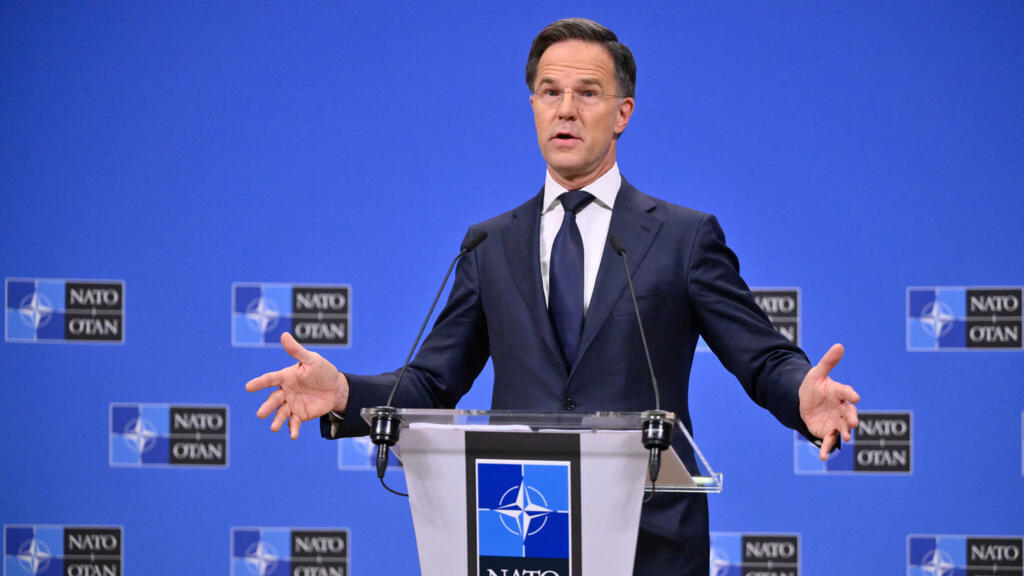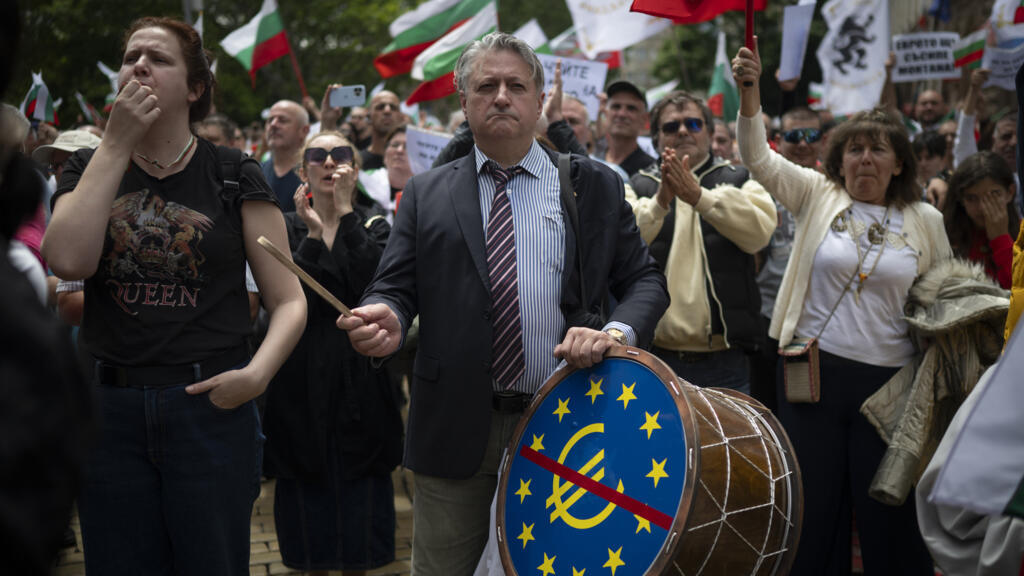Russia has once again escalated its military aggression towards Ukraine, executing a devastating attack on the capital, Kyiv. Overnight, the Kremlin launched a barrage of drones and missiles, resulting in the tragic deaths of at least four individuals and injuring around 20 others, according to Ukrainian authorities. This attack not only underscores the escalating tensions between the two nations but also highlights the ongoing humanitarian crisis resulting from the conflict.
The Kremlin's assault comes in the wake of a warning issued earlier in the week, in which Russian officials stated their intent to retaliate. This threat was specifically in response to a Ukrainian operation that successfully destroyed several of Russia's strategic bomber aircraft. Such operations have been a focal point in the ongoing conflict, signifying a shift in Ukraine's military capabilities as it seeks to defend itself against Russian advances.
Ukrainian officials have expressed their condemnation of the attack, emphasizing the need for international support in safeguarding their sovereignty. The assault on Kyiv has drawn widespread condemnation from various world leaders and international organizations, calling for a swift response to the ongoing aggression from the Kremlin. Despite the increasing pressure on Russia from the global community, the cycle of violence seems to continue, exacerbating the already dire situation on the ground.
In addition to the immediate loss of life and injuries, the ramifications of such attacks extend beyond the battlefield. The targeting of civilian areas in Kyiv raises significant concerns regarding the adherence to international laws governing armed conflict and the protection of non-combatants. The psychological toll on residents and the broader population is immense, as repeated attacks create an atmosphere of fear and uncertainty.
Russian military strategy appears to be increasingly reliant on drone technology and missile strikes, suggesting a shift in how conflicts are conducted in the modern era. This latest attack not only demonstrates Russia’s military capabilities but also its willingness to engage in actions that may provoke further escalation of the conflict.
As Ukraine braces itself for potential further aggression, the continuity of military operations by both sides indicates that the region will remain in a state of heightened tension for the foreseeable future. The current situation emphasizes the urgent need for diplomatic efforts to be revitalized in order to reach a peaceful resolution and mitigate further loss of life.
In the backdrop of this ongoing turmoil, humanitarian assistance remains a critical area of focus. With the increasing number of casualties and displaced persons due to the conflict, aid organizations are grappling with significant challenges in delivering support to those affected. The international response is crucial, as countries and organizations work to provide necessary resources to alleviate the suffering caused by the ongoing violence.
In conclusion, the recent attacks on Kyiv highlight an alarming escalation in the conflict between Russia and Ukraine. The international community’s response will play a pivotal role in determining whether a peaceful resolution can be achieved, or if further violence and instability will continue to plague the region. As the situation develops, the world watches closely, hoping for a de-escalation of hostilities and a commitment to dialogue and negotiations.











